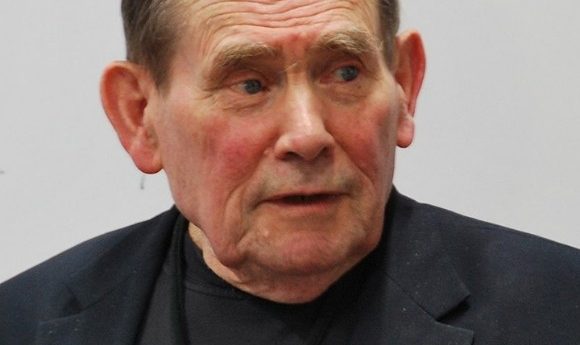Remembering the genetics giant, Sydney Brenner

Sydney Brenner. Credit: OIST (Onna Village, Japan)
The great molecular biologist Sydney Brenner has died at the age of 92.
Born in South Africa, Sydney Brenner was inspired by his local library where he developed an interest in chemistry. He went on to study the sciences at the age of 15 at the University of the Witwatersrand (Johannesburg, South Africa). The gift of a microscope from a family member helped lead him to his interest in cell biology, and he continued to be inspired throughout his life by those around him, and to inspire others in kind.
Brenner made a huge impact on the field of genetics, sharing the 2002 Nobel Prize in Physiology or Medicine (with Bob Horvitz and John Sulston) for pioneering work turning Caenorhabditis elegans into a key model that has revolutionized research, particularly in developmental biology.
“Progress in science depends on new techniques, new discoveries and new ideas, probably in that order”
Witnessing the birth of the field of molecular biology, he made several important contributions to the field, co-discovering messenger RNA and working with Francis Crick and several other eminent scientists to elucidate the workings of the genetic code.
He founded the Molecular Sciences Institute in Berkeley (CA, USA) and was a founding member of EMBO. He spent several years at the Salk Institute in La Jolla (CA, USA) and at the Laboratory of Molecular Biology in Cambridge (UK), and was integral to Singapore’s establishment of the IMCB.
Brenner had an incredibly interesting life and a great mind (which gave us our favorite quote at BioTechniques: “Progress in science depends on new techniques, new discoveries and new ideas, probably in that order”). We recommend reading his Nobel biographical where he discusses his interesting (and certainly not easy!) career path, and where he concluded how, at 76, he was still excited by science: “Science is something one is tied to for life and one should never retire from anything until one has secured one’s next job. The endless quest for knowledge will continue as long as humans exist.”